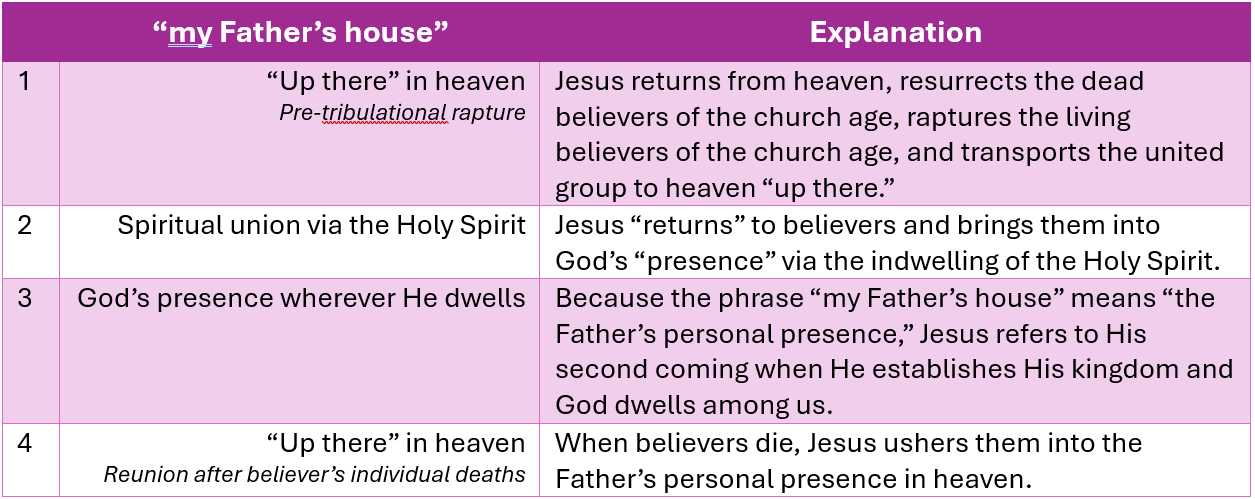Divine Eternity: On God's Relationship to Time
Body
“Does God exist in time or independently of it? Is he timelessly eternal, or does his life pass through an everlasting succession of moments? Most Christians agree that God transcends time in some fashion, but how, exactly?” - Credo


Discussion